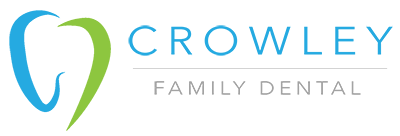 How do you know if you have oral cancer? Generally, you find out by having an oral cancer screening done while visiting your dentist and, if needed, a biopsy to determine what’s truly going on.
How do you know if you have oral cancer? Generally, you find out by having an oral cancer screening done while visiting your dentist and, if needed, a biopsy to determine what’s truly going on.
What does a dentist look for in your mouth? He or she checks for lesions, sores and/or red or white patches. The dentist may also use a glove to feel the tissues in your mouth, checking for lumps or abnormalities. People wearing dentures or partials will be asked to remove them for the oral cancer screening process.
While an oral exam can’t determine if a lesion or sore is cancerous or not, the dentist may take a biopsy, removing some cells for additional testing to see if cancer is involved. The dentist may also ask you to come back in a couple weeks to check and see if anything unusual inside your mouth has grown or changed. Any sore, discoloration, etc. which doesn’t resolve within a two week period on its own– with or without treatment–becomes suspect and should be further examined.
It should be noted that two prevalent lesions found in people’s mouths that mimic oral cancer are the herpes simplex ulceration and aphthous ulcerations. Both normally resolve of their own accord within two weeks’ time.
Oral cancer can be caused by heavy alcohol use, tobacco use of any kind (including cigarettes, cigars, pipes, chewing tobacco and snuff), and significant sun exposure over time (which increases the risk of lip cancer).
Crowley Family Dental believes in performing oral cancer screenings because the sooner cancer is discovered, the better chances for a person to recover from it and go on with their lives.
Finally, here’s some good advice: incorporate more fruits and vegetables into your diet. The vitamins and antioxidants in them may help reduce your risk of oral cancer.

